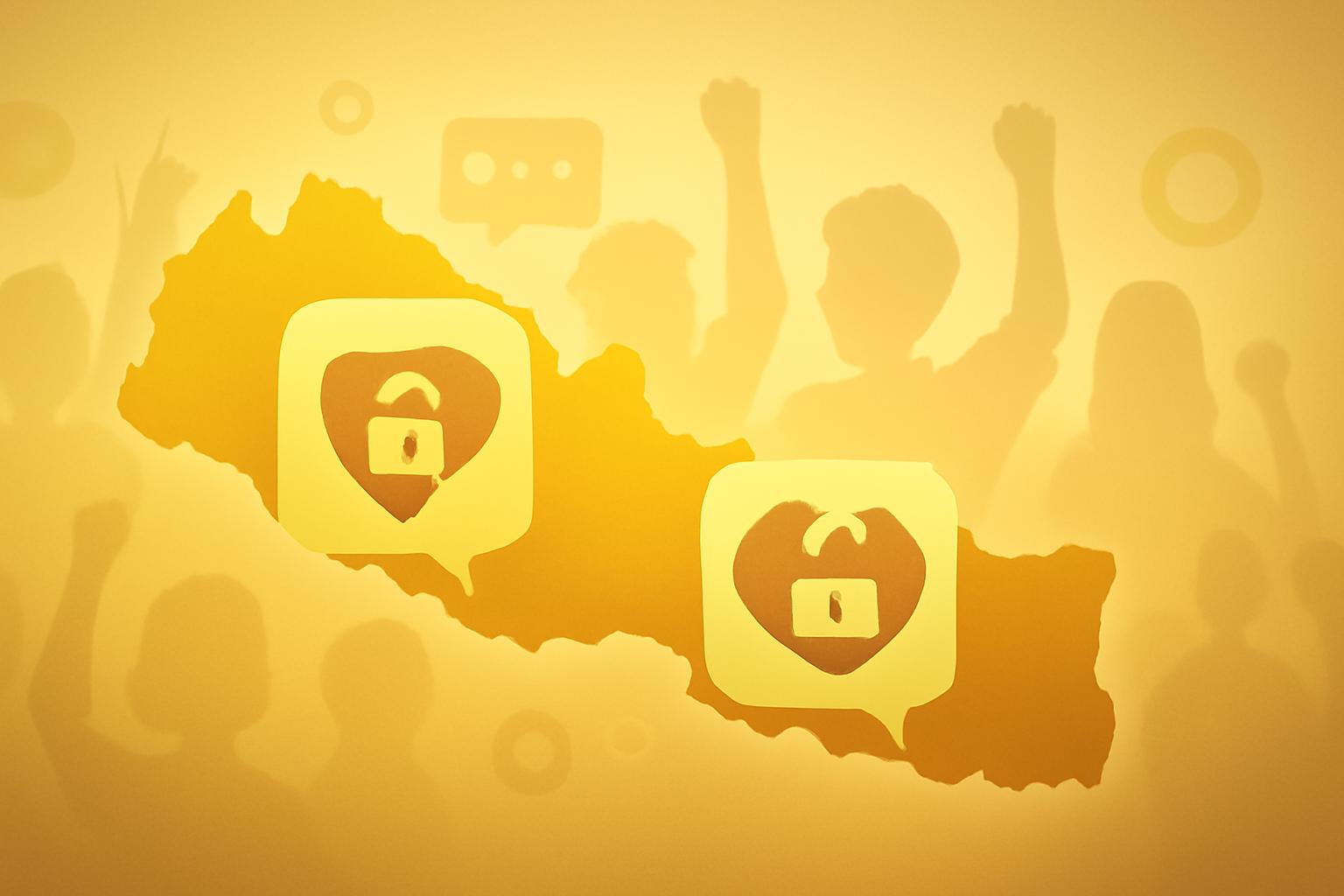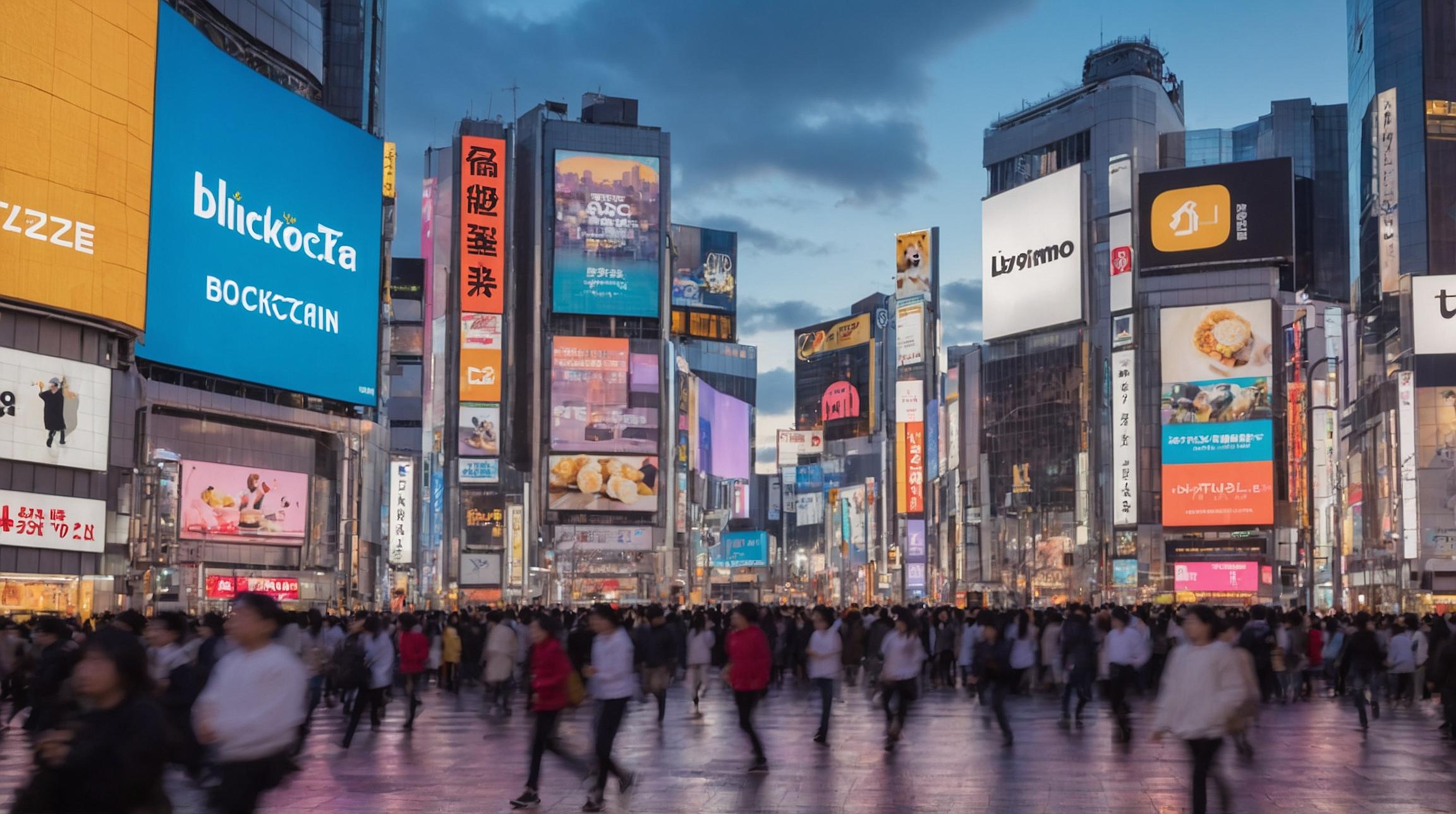Nepal Reverses Social Media Ban After Deadly Youth Protests
Nepal’s government has reversed a sweeping social media ban imposed last week after nationwide protests escalated into deadly confrontations, resulting in at least 19 deaths. The ban, which restricted access to 26 platforms such as Facebook, Instagram, YouTube, and X, was initially enforced following a directive issued on August 25 requiring foreign social media companies to register their operations locally and appoint a Nepal-based contact within seven days.
Most platforms failed to meet the registration deadline, prompting the government to block access last week. However, mass protests led predominantly by young people, many in school uniforms, erupted across the country on Monday. The demonstrations demanded the restoration of social media access and escalated into violent clashes with security forces, leaving over 100 injured.
In response to the unrest, Nepal’s Communications and Information Technology Minister Prithvi Subba Gurung announced the ban’s revocation late Monday. Prime Minister KP Sharma Oli commented on the situation, stating that while the protests turned violent due to the involvement of certain disruptive elements, the government was not opposed to the aspirations of the younger generation.
International organizations, including the United Nations and Amnesty International, had earlier expressed serious concerns about the ban and the government’s handling of the protests. The Office of the United Nations High Commissioner for Human Rights urged Nepalese authorities to uphold the rights of peaceful assembly and freedom of expression.
Some platforms like TikTok and Viber were exempt from the ban, having complied with local registration requirements.
This incident is part of a broader governmental push to regulate digital platforms. Earlier in 2025, Nepal proposed a social media bill that has sparked widespread criticism for potentially undermining press freedom by imposing penalties for content deemed harmful to national sovereignty or interests. The International Federation of Journalists has warned that the legislation threatens digital expression in Nepal.
FinOracleAI — Market View
Nepal’s reversal of the social media ban is likely to have a neutral to slightly positive short-term impact on market sentiment, particularly for digital and social media companies operating in South Asia. The government’s initial hardline stance created regulatory uncertainty and operational risks for foreign platforms, but the swift policy U-turn reduces immediate disruption risks. However, ongoing regulatory developments, including the proposed social media bill, pose longer-term risks to digital freedom and platform operations. Market participants should monitor future legislative actions and the government’s approach to enforcement closely.
Impact: neutral













